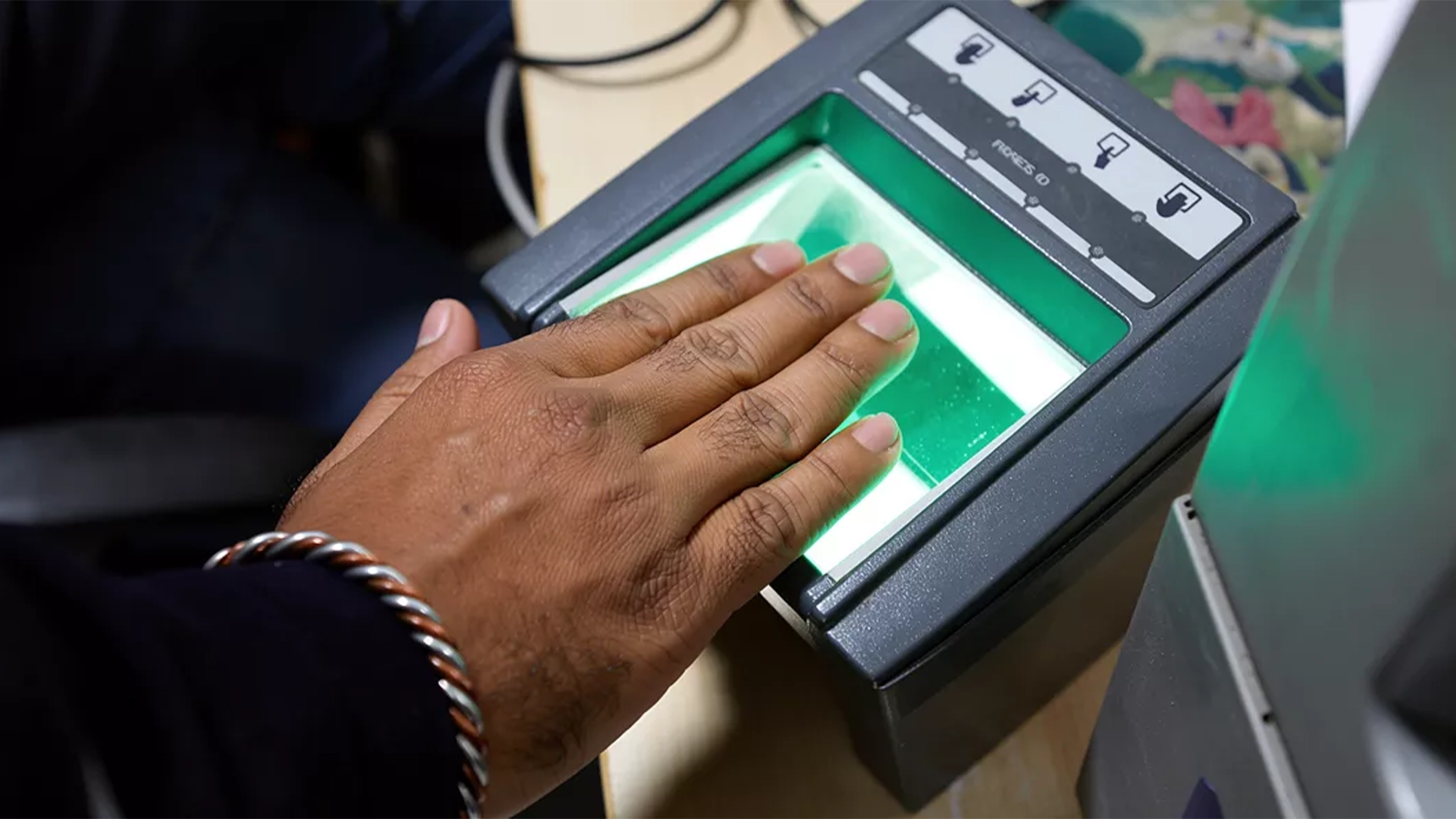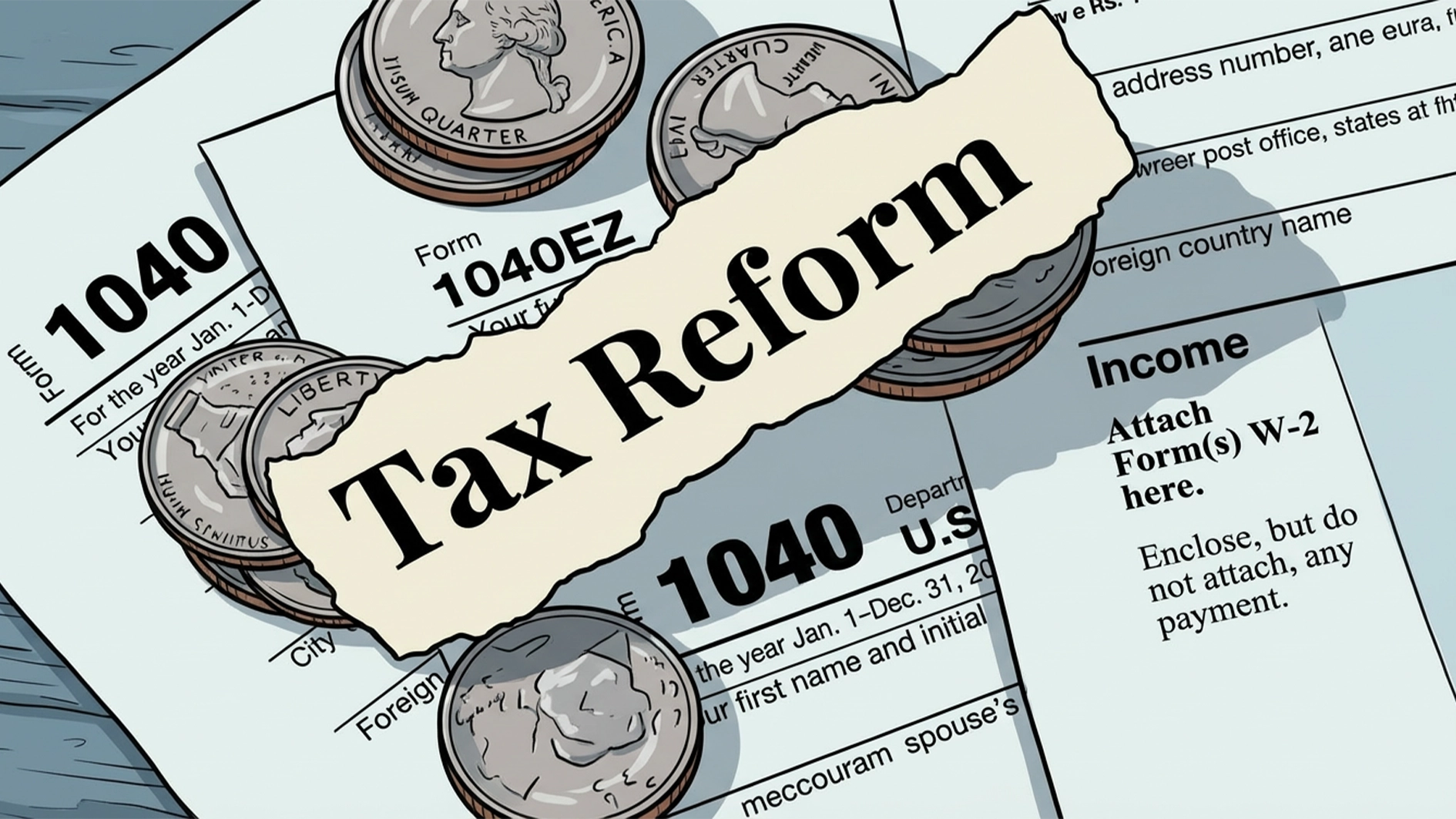The Federal Government is in the process of harmonising state and federal policies to establish a unified national broadband market, the Minister of Communication and Digital Economy, Bosun Tijani, has said.
During a plenary session on ‘Smart Growth, Digital Leap’ sponsored by the IHS Nigeria at the ongoing Nigerian Economic Summit Group (NESG) yearly conference in Abuja, the minister confirmed that significant obstacles such as right-of-way (RoW) charges and multiple taxation are being addressed.
Notably, over 11 states have already aligned their RoW policies.
Tijani noted that broadband infrastructure is now classified as critical national infrastructure, ensuring faster deployment and policy protection.
The minister also highlighted that a new model has been introduced where the government contributes 49 per cent of the capital and private investors, 51 per cent, ensuring private management but with public ownership.
According to him, the plan aims to deliver fibre-optic connectivity to every state, local government, and ward in Nigeria, bringing ‘fibre to homes’ instead of relying solely on mobile networks.
Tijani hinted that the full rollout is projected to cost about $2 billion and will be implemented through public–private partnerships (PPPs) with institutions like the World Bank, IFC and AFC already participating.
The minister emphasised that broadband investment could add up to 2.5 per cent gross domestic product (GDP) growth for every 10 per cent improvement in connectivity quality.
Speaking on connectivity as national infrastructure, the minister argued that connectivity should be universal, not just profit-driven.
“Using ‘nighttime satellite data’ to target populated areas is short-sighted; true development requires connecting even remote regions,” he stated.
Setting the tone for discourse, the Chief Executive Officer of IHS Nigeria, Mohamad Darwish, said Nigeria cannot successfully build a prosperous and inclusive country by 2030 without digital technology being a core driver and accelerator.
He argued that digital infrastructure is no longer just about connectivity; it has become the backbone of national productivity.
He added: “Indeed, smart growth and inclusive economic development demand bold efforts both by the public and private sectors to harness digital transformation as a national growth accelerator.”
He stated that despite the progress that Nigeria has recorded in the tech space, the country is still grappling with infrastructural and skill gaps.
In her intervention, the managing director and chief executive officer of Citibank Nigeria Limited, Nneka Enwereji, who spoke on the role of financial institutions, maintained that investors need policy clarity, regulatory certainty, and speed of approvals to commit long-term capital.
She stated that encouraging both domestic and international capital is key, while local pension and infrastructure funds should be part of the financing mix.
Enwereji stressed that credible sponsors and transparent governance are vital to crowd in significant global capital.
The Founding Partner, Future Africa, Iyinoluwa Aboyeji, said innovation should not be viewed through narrow lenses.
Citing inherent possibilities, Aboyeji said the Yaba tech boom shows how the right leadership and infrastructure can transform entire communities. He insisted that Nigeria does not need to copy Brazil’s journey, saying Nigeria has local success models to scale.






